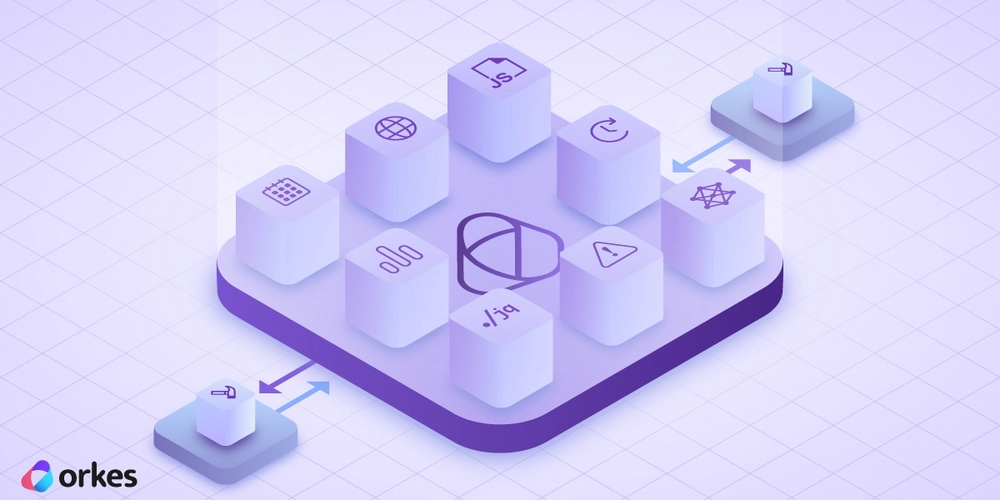Dev
1M
351

Image Credit: Dev
Unlocking Developer Productivity: Orchestrate Workflows with Built-in System Tasks
- Orchestration using workflow engines like Orkes Conductor can significantly enhance developer productivity by automating task execution and abstracting concerns like retries and error management.
- System tasks within Orkes Conductor are reusable components that simplify the creation of complex workflows, enabling developers to focus on task dependencies without worrying about resilience.
- Benefits of system tasks include standardized structure for clarity and consistency, ease of expressing complex operations, and enterprise-grade resilience without additional effort.
- System tasks facilitate time-saving advantages by decoupling execution code from business logic, making tasks and workflows reusable, scalable, and maintainable.
- System tasks handle common operations like HTTP calls, webhook integrations, and AI tasks within the Conductor's JVM, streamlining development and eliminating the need for custom infrastructure management.
- Inline tasks within Orkes Conductor enable lightweight JavaScript code execution directly in workflows, whereas worker tasks provide flexibility for complex logic but require external setup and logging.
- System tasks offer declarative, reliable workflow building, reducing development effort, enhancing clarity, ensuring consistent behavior, and enabling faster time-to-market for common tasks.
- Orkes Conductor provides both system tasks for common use cases and customization options through inline and worker tasks, catering to varying complexity levels in workflow implementations.
- System tasks run within the Conductor JVM for speed and availability guarantees, while worker tasks offer full control over complex logic implementations but require additional infrastructure management.
- The choice between system tasks and worker tasks depends on requirements, with system tasks offering speed and availability advantages, and worker tasks providing flexibility and customizability.
Read Full Article
21 Likes
For uninterrupted reading, download the app